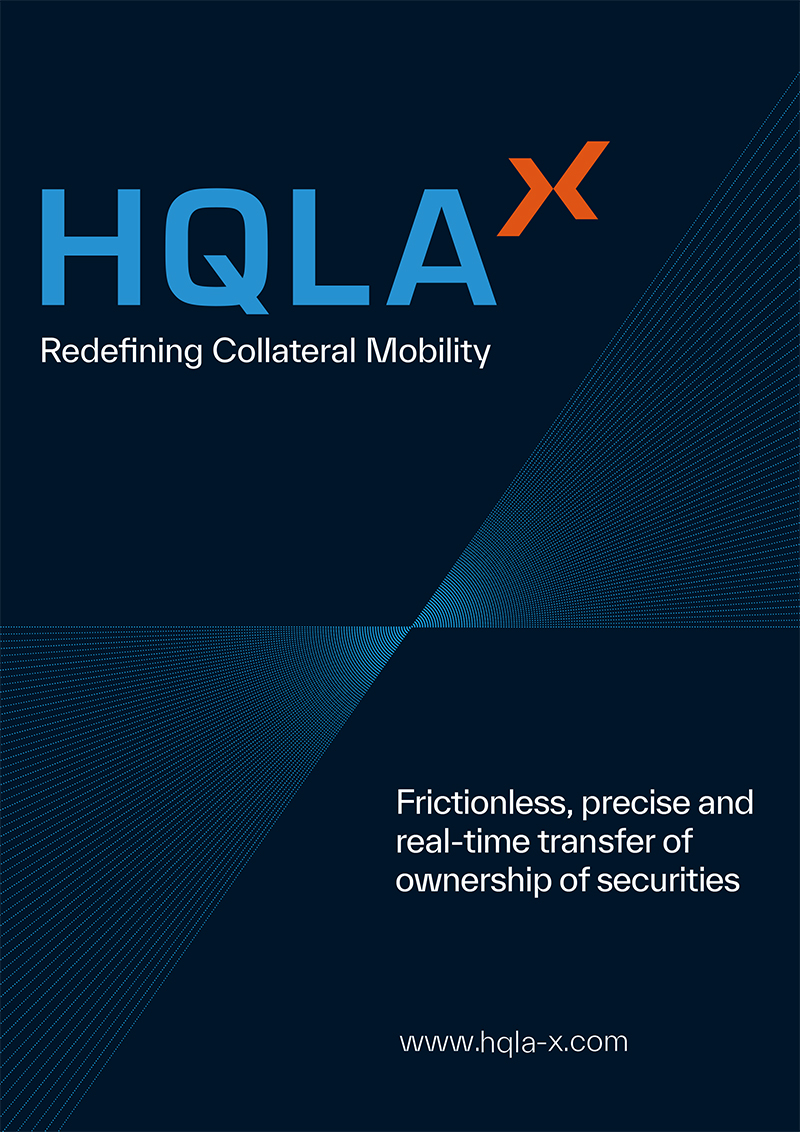Associations offer mixed review of FSB data proposals
08 September 2015 London
 Image: Shutterstock
Image: Shutterstock
Industry associations have expressed a preference for the use of position level data to make securities lending more transparent, in a response letter to the Financial Stability Board’s (FSB) data experts group (DEG) meeting.
The International Securities Lending Association wrote the comment letter in partnership with the Pan Asian Securities Lending Association and the Risk Management Association.
The meeting, which took place in London on 26 August, aimed to bring together securities lending industry experts and the FSB DEG to discuss the group’s latest data elements and granularity proposals.
On data collection options, the letter stated: “The collection of position level data for securities lending and borrowing is far superior to flow or transactional data.”
“Flow data is noisy, difficult to interpret and would require careful re-aggregation in order to build up a picture of risks and exposures in the system.”
“Position level data by contrast should be relatively easy to aggregate and by comparing snapshots of positions over time it would also be possible to identify trends.”
The letter expressed a largely positive response towards DEG’s data elements paper, which acknowledged the points raised by the associations relating to position level reporting and the separation of collateral reporting.
It specifically praised Viktoria Baklanova from the financial research office at the US Treasury in relation to points about use of standards such as legal entity identifiers and international securities identification numbers and the acknowledgement of the challenges relating to the aggregation and classification of data.
On the subject of collateral re-use, the letter highlighted that data might be impractical to collect.
It stated: “It is important to recognise that any subsequent reuse or re-hypothecation of collateral is typically driven by the aims and objectives of the receiving party and there is a clear distinction between institutional lenders and brokers or banks that may hold and think about collateral very differently.”
“Today very little collateral received by institutional lenders is actively re-used with most being held within triparty collateral arrangements. Conversely where banks using securities lending techniques receive collateral it is normally held in a central pool and managed as part of the banks overall liquidity process. Consequently and unlike the institutional lending sector collateral received is likely to be re-used.”
However, the letter did express concern that, “the different approaches to data collection by regulators around the world will make the task of compiling accurate data much more challenging for the authorities”.
“Whilst it was made clear at the roundtable that national regulators may have additional motives for collecting data in respect of these markets, it would be disappointing if the overall objectives of the FSB’s exercise are not met or become more difficult to meet as a result.”
“We remain unconvinced that the collection of collateral re-use data in order to calculate collateral velocity will be a practical or worthwhile exercise,” the letter added.
The International Securities Lending Association wrote the comment letter in partnership with the Pan Asian Securities Lending Association and the Risk Management Association.
The meeting, which took place in London on 26 August, aimed to bring together securities lending industry experts and the FSB DEG to discuss the group’s latest data elements and granularity proposals.
On data collection options, the letter stated: “The collection of position level data for securities lending and borrowing is far superior to flow or transactional data.”
“Flow data is noisy, difficult to interpret and would require careful re-aggregation in order to build up a picture of risks and exposures in the system.”
“Position level data by contrast should be relatively easy to aggregate and by comparing snapshots of positions over time it would also be possible to identify trends.”
The letter expressed a largely positive response towards DEG’s data elements paper, which acknowledged the points raised by the associations relating to position level reporting and the separation of collateral reporting.
It specifically praised Viktoria Baklanova from the financial research office at the US Treasury in relation to points about use of standards such as legal entity identifiers and international securities identification numbers and the acknowledgement of the challenges relating to the aggregation and classification of data.
On the subject of collateral re-use, the letter highlighted that data might be impractical to collect.
It stated: “It is important to recognise that any subsequent reuse or re-hypothecation of collateral is typically driven by the aims and objectives of the receiving party and there is a clear distinction between institutional lenders and brokers or banks that may hold and think about collateral very differently.”
“Today very little collateral received by institutional lenders is actively re-used with most being held within triparty collateral arrangements. Conversely where banks using securities lending techniques receive collateral it is normally held in a central pool and managed as part of the banks overall liquidity process. Consequently and unlike the institutional lending sector collateral received is likely to be re-used.”
However, the letter did express concern that, “the different approaches to data collection by regulators around the world will make the task of compiling accurate data much more challenging for the authorities”.
“Whilst it was made clear at the roundtable that national regulators may have additional motives for collecting data in respect of these markets, it would be disappointing if the overall objectives of the FSB’s exercise are not met or become more difficult to meet as a result.”
“We remain unconvinced that the collection of collateral re-use data in order to calculate collateral velocity will be a practical or worthwhile exercise,” the letter added.
NO FEE, NO RISK
100% ON RETURNS If you invest in only one securities finance news source this year, make sure it is your free subscription to Securities Finance Times
100% ON RETURNS If you invest in only one securities finance news source this year, make sure it is your free subscription to Securities Finance Times



